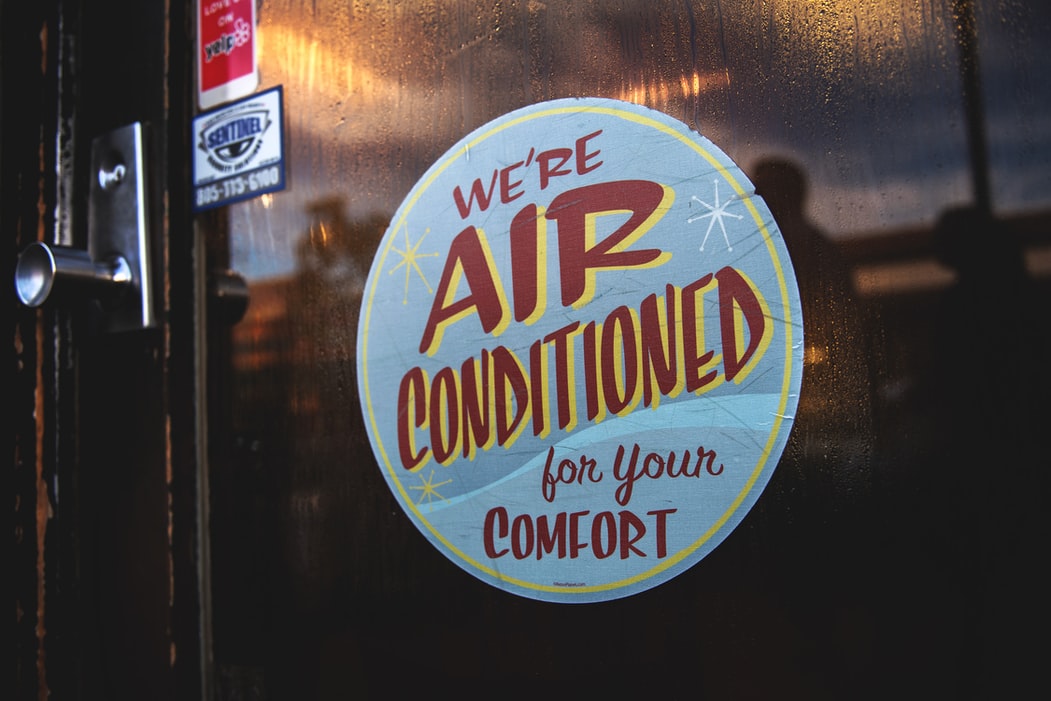Your home’s HVAC–heating, ventilation, and air conditioning system–is what keeps your living space warm in the winter and cool in the summer. Typically, your home’s HVAC will be able to operate smoothly with little input from you, but occasionally, it will need maintenance to continue running properly. One important part of HVAC maintenance is regularly replacing the air filter. Not only can replacing your HVAC’s air filter extend the life of the system, but it can also improve your home’s air quality and lower your energy bills.
How the HVAC Works
In general, an HVAC functions by drawing air in through a ventilation system, forcing it through an air handling unit, and directing it into the home through a series of ducts. The ventilation system and ducts are relatively simple, but the air handling unit is a little more complex. The average air handling unit is a large metal box that contains three major parts: a damper, a filter, and a heating coil. When air enters the unit, it first passes through the damper, which controls how much air is allowed into the unit at one time. Next, the air goes through the filter, which cleans the air by trapping dust, bugs, and other debris. Finally, it crosses over the heating coil–which heats or cools it as dictated by the thermostat–before exiting into the ducts.
Air Filters and HVAC Lifespan
Your HVAC’s air filter is one of the most important components of the entire system. By pulling debris from the air, a clean air filter keeps blockages from forming in other parts of the HVAC. Conversely, a dirty air filter might prevent air from filtering through the system and can even cause the system to overheat. This can inflict significant damage on your HVAC’s air handling unit and, if left unattended, might destroy it entirely. Therefore, regularly changing your HVAC’s air filter will greatly extend the system’s lifespan and will prevent additional, more costly maintenance issues.
Additional Benefits of Clean Air Filters
In addition to extending the life of your HVAC, making sure that the system’s air filter is clean can have several benefits for you and your wallet. For example, a properly functioning air filter will make sure that your home’s air is of high quality. If the filter is working correctly, it will reduce the number of allergens that enter your home, but if it is broken or dirty, it might spread pollen and dander throughout the house. This can be especially problematic for people with asthma, so if you or anyone living with you has this condition, you should take special care to ensure that your HVAC’s air filter is regularly replaced.
Furthermore, having a clean HVAC air filter can help reduce your energy bills. When the filter is dirty, the system’s motor has to work harder to pump air through it, thus increasing both your home’s energy usage and your energy bills. However, if the filter is clean, the system will work more efficiently, cutting an average of 5 to 15 percent from your monthly utility bill. Overall, regularly changing your HVAC’s air filter is a quick, easy way to improve both the system’s functioning and your quality of life.

